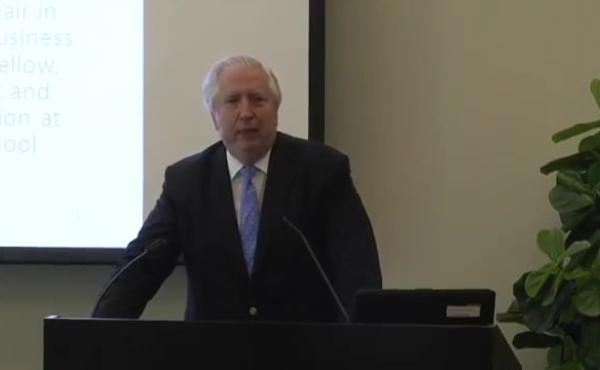(GCGC 2015) Ownership, Investment and Governance: The Costs and Benefits of Dual Class Shares
In this paper we show that dual-class shares can be an answer to agency conflicts rather than a result of agency conflicts. When a firm issues voting shares to raise funds, it increases the risk that manager-controlling shareholder could lose control of the firm and lose the associated private benefits. Thus, the incumbent may be willing to forgo positive NPV investments to maximize his overall welfare. Non-voting shares allow a firm to raise funds without diluting manager’s control rights; hence, it can alleviate the underinvestment problem .But use of non-voting shares dilutes dividends and facilitates entrenchment, reducing value-enhancing takeover bids. We obtain conditions under which the benefit of using non-voting shares outweighs its costs. We integrate the dual-class decision into the rich body of research on capital structure and underinvestment, and show that dual-class structures can be a solution to an agency driven underinvestment problem.


















